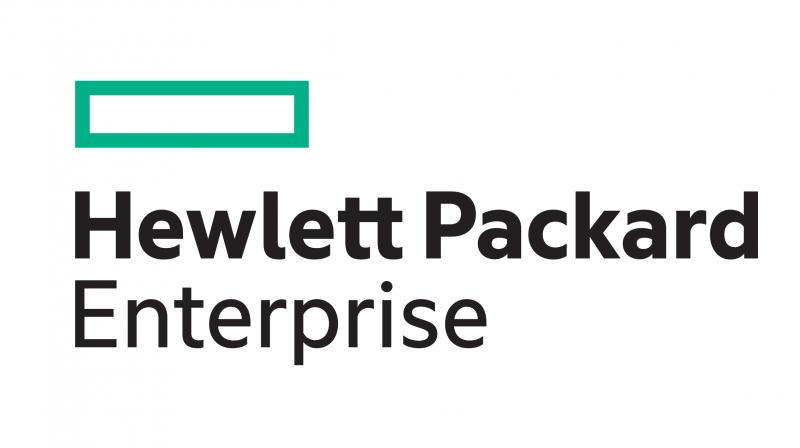Russia's Megafon sues Hewlett Packard in US over network outages
07 November, 2018

Megafon, Russia’s No. 2 mobile phone operator, is suing Hewlett Packard Enterprise in a California court over major outages on its cellular network, court documents showed.
The suit, filed in the US District Court, Northern District of California San Jose Division on Oct. 23, alleges that HPE’s Russia division signed a deal worth more than $28 million in 2013 to upgrade Megafon’s wireless network.
But the system HPE built to store user data and services repeatedly failed, Megafon alleges in the lawsuit, which could total more than $200 million, with the sum due to be determined by the court.
Megafon confirmed it had filed the claim and added that it is ready to reach a settlement with HPE, which declined to comment on what it described as “ongoing legal matters”.
HPE told Reuters it rejected the allegations in Megafon’s lawsuit and said it would “vigorously” defend itself.
HPE’s User Data Repository (UDR) system suffered “numerous cascading catastrophic failures”, leading to major network outages in November 2016, April 2017, and May 2017, Megafon alleges.
“Certain of these failures resulted in near shutdowns of Megafon’s cellular network of more than 80 million subscribers,” the lawsuit, which was seen by Reuters, said.
“MegaFon’s damages include funds paid to HPE, repair costs, lost customers, and ... the need to completely rebuild its UDR system at an estimated cost of more than $28 million.”
Megafon said it decided in 2011 to upgrade its wireless network for LTE communications and to unite its eight regional networks into a single federal network accessible to users with a single SIM-card.
It signed a deal with HPE’s Russia division after also receiving interest in the contract from Alcatel, Ericsson, Huawei, NSN, Oracle, Tekelec and ZTE, the lawsuit said.
Amazon plans to split HQ2 between two cities
In the court document, Megafon said it had awarded the contract to HPE as it promised the best solution.
HPE built a system, which was meant to allow Megafon to unite its regional networks, but this proved faulty and failed, Megafon said in the lawsuit.
TAG(s):
